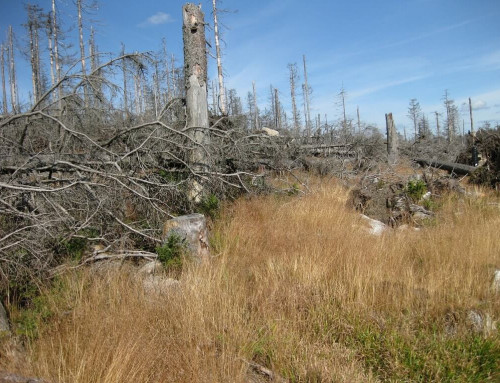
Mining at Rio Tinto. Image credit afrespost.com
ZIMSEC O Level Geography Notes: TNCs in Zimbabwe
- Transnational corporations (TNCs) or multi-national companies (MNCs) are companies with economic operations in more than one country.
- Some may have operation in one country but with diverse operations
Structural operations of TNCs
- Anglo-American Corporation (AAC) is a TNC. Its headquarters are in London, UK, a developed country although some of its shareholders are in the United States of America.
- Being developed countries, both the UK and the USA have many manufacturing industries, more industrial technology and skills and affluent markets for manufactured goods.
- AAC then came to Zimbabwe, a developing country and set up farms such as Mazowe Citrus Estates and Hippo Valley Estates.
- On these estates they established processing plants like the Hippo Valley sugar mill.
- The TNC also opened mines some of which are Hwange, Madziwa, Caesar, Sutton, Trojan and Dorowa among others.
- At these mines beneficiation of minerals occurs (that is, the processing to remove impurities to add value to raw materials).
- The partially processed raw materials and capital made locally are then sent back to the UK and USA.
TNCs in the Zimbabwean economy
- The main TNCs operating in Zimbabwe established themselves before independence when higher profits could be obtained.
- Listed below are some of the TNCs in Zimbabwe together with their countries of origin.
| TNC | Origin |
|---|---|
| Lonrho | UK |
| Bata | Canada |
| Rio Tinto Zinc | UK |
| Nestle | Switzerland |
| Union Carbide | USA |
| Unilever | UK/Holland |
| Turner and Newall | UK |
| Heinz | Germany |
| Anglo-American Corporation | UK |
| Delta Corporation | USA |
- Most TNCs in Zimbabwe are involved in exploiting industry resources.
- While only 25% of manufacturing industry is foreign-owned, in mining 3 TNCs, ACC, Lornho and Rio Tinto Zinc dominates.
- Ten of Zimbabwe’s biggest mines are controlled by Lornho and seven by AAC.
- Lornho has invested in ranching and manufacturing and has the country’s biggest textile firm, David Wheathead in Chegutu as its subsidiary.
- AAC owns citrus estates and several manufacturing firms.
- These and other TNCs decide where they locate their processing and manufacturing industries at times independent of government decisions and policies.
- Most of the mines above have ore processing plants on site.
- Others like Union Carbide and AAC have set up their metallurgical industries in Kwekwe (ZIMASCO) and Gweru (ZIMALLOYS) respectively.
- Post-independence Zimbabwe has seen a high wage, high tax and therefore high productive cost country and this has not helped in attracting TNCs.
- In fact, since 1980, only one major TNC, Heinz, has invested in Zimbabwe and even then, it did not bring in new capacity but acquired majority shares in Olivine, an enterprise which already existed.
- If anything, industrial relocation by TNCs is already occurring, particularly in textiles.
- David Whitehead has opened a factory for making cloth in Botswana whilst reducing capacity in Zimbabwe.
- Cone Textiles in Chitungwiza has closed down, opening up a denim factory in Botswana and cloth factories in South Africa.
- This has had devastating effects to the Zimbabwean economy.
To access more topics go to the O Level Geography Notes page



